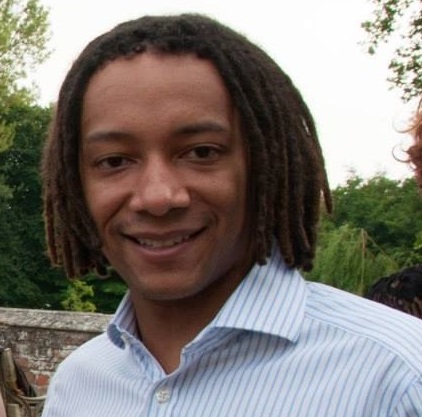Thomas Ratsakatika, Wolfson College, 2012
Thomas graduated from the University of Bath in 2010 with a first class Masters in Aerospace Engineering. As part of the
5-year degree programme, Thomas spent one year working for AgustaWestland where he gained valuable experience in both technical design and operations departments. Upon graduation, Thomas spent two years working for Aon Hewitt, a preeminent Investment Consultancy, where he was an analyst on the Global Asset Allocation Team. During his time at Aon Hewitt, Thomas completed the Chartered Financial Analyst (CFA) professional examinations, which provided him with the finance and economics knowledge to complement his technical engineering skills.
Dissertation title:
Alleviating Global Poverty Through Sustainable Social Enterprise
Thomas’s report:
The focus of the Engineering for Sustainable Development course is to produce “T-Shaped” professionals (i.e. technical depth, but also multidisciplinary breadth) and the course has certainly delivered on this front. My electives have included Climate Change Policy, Development Engineering, Technology Policy, and Sustainable Design & Implementation. The core classes have also given me the opportunity to learn and apply a wide variety of quantitative and qualitative tools that can be used to implement sustainable change in both developed and developing countries.
During my time at Cambridge, I have taken full advantage of the many exciting opportunities outside of the course. As part of the Cambridge Union Society, I have attended numerous thought-provoking debates and talks with prominent speakers including Richard Dawkins, Eric Schmidt and Dambisa Moyo. I have developed a strong interest in social enterprise and I was a member of a think-tank run by the social enterprise society. Thanks to the excellent networking opportunities at Cambridge, I have also had the opportunity to complete a short project for a London-based social enterprise which aims to provide thousands of affordable solar lanterns to village communities in developing countries.
My dissertation research investigated social enterprise within the context of sustainable development and poverty alleviation in Ecuador. Due to their scalability, accountability and financial sustainability, social enterprises present a powerful mechanism for engineers wanting to maximise the impact of innovations targeted at the bottom of the pyramid. In partnership with the EcoHouse Initiative, a Cambridge-based NGO, I had the opportunity to travel to Ecuador to collect primary data for my research, which I hope to get published in the coming months.
Being part of the ESD MPhil has been a truly life-changing experience and it has opened many doors to an exciting and rewarding career in sustainable development. I’d strongly recommend the programme to anyone who is passionate about making a positive impact on our society and our planet.

